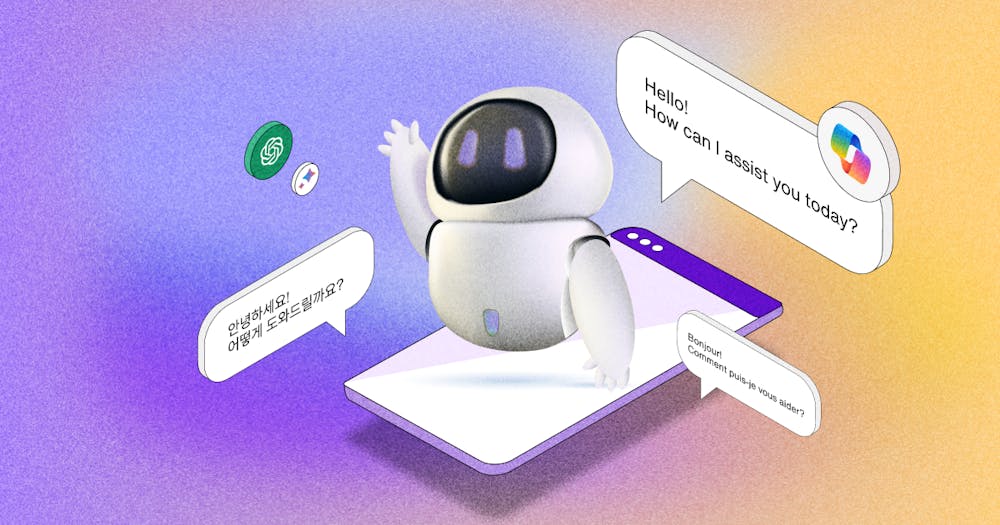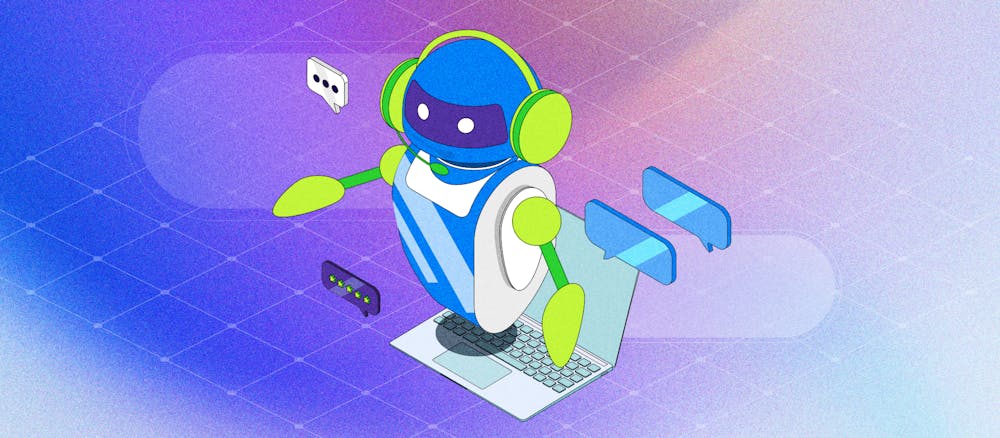The Complete List of Artificial Intelligence (AI) Terminology for 2024
Introduction
The world of Artificial Intelligence (AI) is vast and complex, with AI terminology being the cornerstone of understanding the future of technology. For those intrigued by the AI trends shaping industries and everyday life, grasping AI terminology is essential. This article aims to demystify AI terminology, making it accessible to everyone interested in AI chatbots and technologies.
Top 20 Terms You Must Know
- Artificial Intelligence (AI): A foundational AI terminology that encompasses the simulation of human intelligence processes by machines.
- Deep Learning: An advanced AI terminology within machine learning, focusing on algorithms inspired by the structure and function of the brain called artificial neural networks.
- Generative AI: This AI terminology refers to the subset of AI technologies capable of creating new, original content by analyzing and learning from existing data.
- Generative Pre-trained Transformer (GPT): A cutting-edge AI terminology for models designed to understand and generate human-like text, showcasing the progress in natural language processing.
- Large Language Model (LLM): An essential AI terminology for models that process and generate text, trained on extensive datasets to mimic human writing and conversation styles.
- Machine Learning (ML): A core AI terminology that describes the study of algorithms and statistical models that computers use to perform tasks without explicit instructions.
- Natural Language Processing (NLP): A crucial AI terminology that bridges AI and linguistics, focusing on the interaction between computers and humans using natural language.
- Neural Networks: Fundamental AI terminology for systems designed to recognize patterns and make decisions, mimicking the way human brains operate.
- Prompt Engineering: A specialized AI terminology that involves crafting inputs to effectively communicate with AI models, optimizing the model's response.
- Reinforcement Learning from Human Feedback (RLHF): An advanced AI terminology highlighting a method where AI models are refined based on human feedback, enhancing their learning process.
- Transformer Models: A modern AI terminology for a model architecture that has revolutionized NLP tasks through self-attention mechanisms.
- Fine-Tuning: An important AI terminology in machine learning, referring to the process of adjusting a pre-trained model for specific tasks.
- Generative Adversarial Networks (GANs): A complex AI terminology for a machine learning framework where two neural networks are trained simultaneously to improve each other.
- Embedding: A technical AI terminology that describes the process of converting text into numerical vectors, enabling machines to process natural language.
- Encoder and Decoder Networks: This AI terminology refers to the architecture used in translating one language to another, encapsulating the process of understanding and generating language.
- Hallucinations: A critical AI terminology in the context of AI errors, where models generate incorrect or nonsensical information.
- LLM Agents: An emerging AI terminology for systems that leverage large language models to autonomously perform tasks or generate responses.
- Supervised Learning: A foundational AI terminology in machine learning, where models learn from labeled data to predict outcomes accurately.
- Unsupervised Learning: An exploratory AI terminology in machine learning, focusing on finding hidden patterns or intrinsic structures in input data.
- Reinforcement Learning: A dynamic AI terminology that describes a learning method in AI where models learn to make decisions through trial and error, based on rewards and penalties.
Try Sendbird AI Chatbot!
Understanding AI terminology is not just about keeping up with technological trends; it's about unlocking the potential of AI to transform our world. The Sendbird AI Chatbot exemplifies the practical application of AI terminology, leading the way in the chatbot API revolution. By familiarizing ourselves with AI terminology, we pave the way for a future where AI enhances every aspect of our lives, making interactions between humans and machines more seamless and intuitive. In this rapidly evolving tech landscape, knowledge of AI terminology is key to navigating the future of AI.













